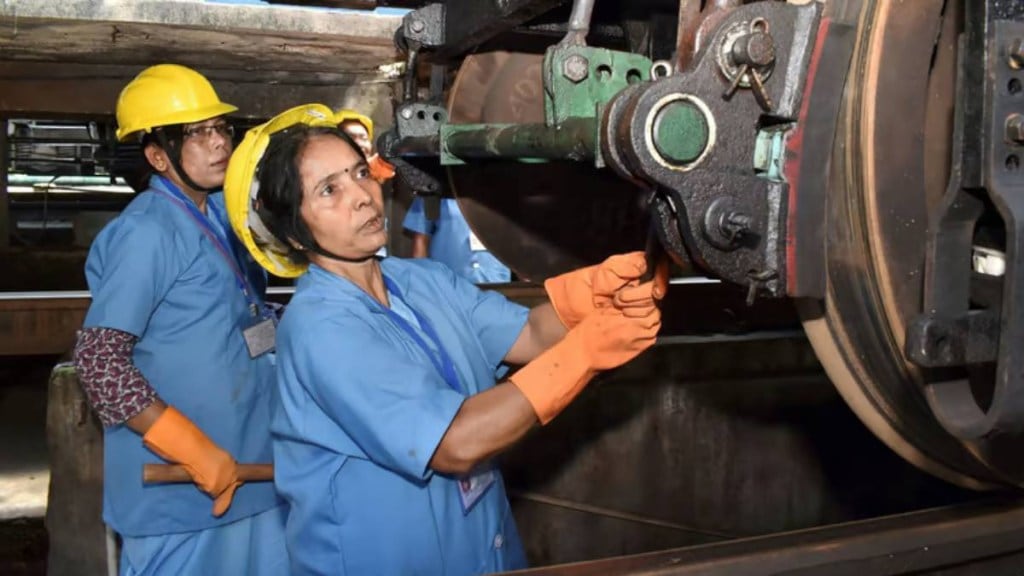A report by Careernet highlights the dynamics of India’s female workforce, revealing that approximately 69.2 crores of women, around 37 percent are actively employed.
According to Careernet’s ‘The State of Women’s Employment in India’ report, cities such as Hyderabad, Pune, and Chennai lead in women’s employment rates.
In 2023, there was a notable increase of 2-5 percent in women’s representation in junior professional roles and executive boards compared to the previous year. Additionally, the report indicates that 40 percent of recent college placements in 2023 were for women.
Women with 0-3 years and 3-7 years of experience comprised 20-25 percent of total hires in their respective categories.
State-wise Data
The study also reveals a general uptick in female hiring across most cities, except for Delhi and the National Capital Region (NCR), where there was a decline. Hyderabad boasted the highest hiring rate at 34 percent, followed by Pune at 33 percent, and Chennai at 29 percent. Conversely, Delhi-NCR saw a decrease to 20 percent, down 2 percent from 2022.
Based on an analysis of 25,000 job placements, sourced from internal data, employer portals, and hiring trends throughout 2023, the report highlights growing employment opportunities for women in the banking, financial services, and insurance (BFSI) sector, particularly within Global Capability Centers (GCCs).
Narrowed Gender Pay Gap
Furthermore, the report notes a narrowing gender pay gap, decreasing from 30 percent in the previous year to approximately 20 percent in 2023, indicating a positive shift toward fairer compensation practices. However, mid-management level hiring of women has remained stagnant at 23 percent for the past two years.
Careernet CEO and co-founder Anshuman Das pointed out a significant gender disparity in India’s white-collar landscape, where only 5 percent of rural residents, compared to 30 percent of urban dwellers, are white-collar professionals.
While acknowledging the progress in women’s workforce participation, Das highlighted the need to address challenges for women re-entering the workforce.
He also emphasised the growing presence of women in India’s startup ecosystem, suggesting a willingness within corporate India to embrace transformation.

